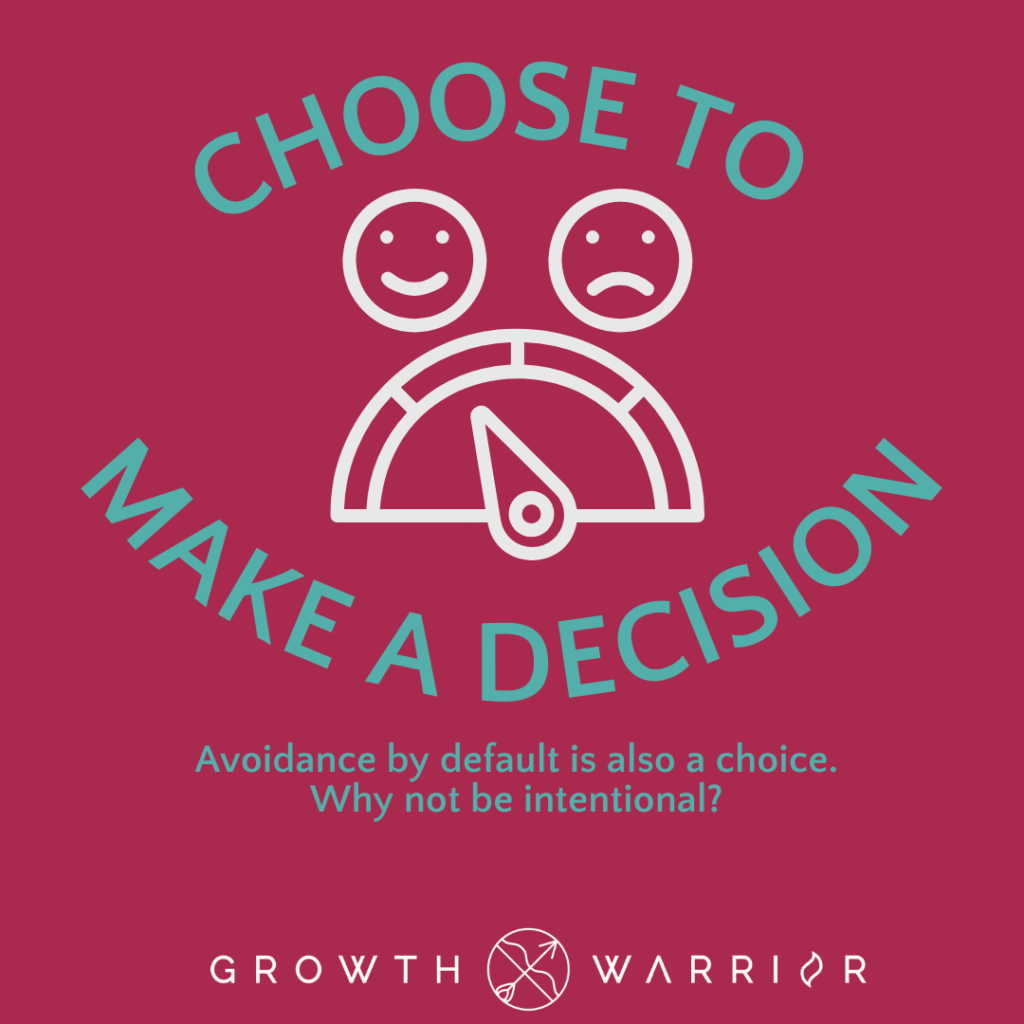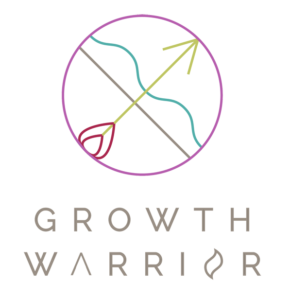Dealing with luck and circumstances
So much of our experience is outside of our control. And yet, we also have the ability to make many decisions, large and small, that influence how we react, respond and adapt to the challenges that life throws our way.
“Luck is where opportunity meets preparation.”
Seneca, Stoic philosopher
How much of what happens is a function of our choices and how much is about our reactions? Are we at the mercy of fate or do we have free will? Based on the information available to us in the moment, what will we choose to do? Can we fundamentally have the awareness to recognize what we want and need in any given moment, then decide how we wish to respond to our situation. Of course this is easier said than done.
Let me elaborate. Many times we are subject to conditions outside of and beyond our control, such as the economy tanking because of a global virus, war breaking out in a country we interact with, or a political election changing the direction of the courts, industrial and domestic policies. These recent issues are likely still top of mind for all of us.
These are examples of situations we have faced and been witness to, innocent bystanders if you will. And still, in response there have been a wide range of options available for how each of us chose to adapt. What choices did you or have you made based on the information you had, but then wished you had known more, had more time or explored other options?
At times, we may notice what’s going on around us and decide to ignore it or not respond. This is still a choice, deferring a decision by avoidance rather than by design. Perhaps we get a gut feeling that we then choose to overlook, push down or minimize in an effort to focus on other priorities. We might anticipate what could happen, then choose to handle things. In certain circumstances, particularly when there is conflict, we may prefer to avoid looking at what’s staring us in the face rather than deal with the fall-out. Yet the situation remains.
I remember choosing a job that looked great on paper and checked all the boxes, only to discover I had no idea what I was getting into. There were massive layoffs in another department the week after I started. The senior boss was a horrible micro-manager from hell. Other colleagues began leaving in droves. The team I was supposed to manage never materialized and I was expected to do their jobs, work I wasn’t particularly well-suited for, didn’t enjoy and arguably had not signed on for. Oh and that was just the tip of the iceberg.
In retrospect I realized that I hadn’t done my due diligence. Had I done my homework before accepting the job offer, I might have avoided the job altogether (unlikely), anticipated some of the fall-out that I experienced (ideally) or managed my choices in other ways (perhaps preparing differently?).
Hindsight is 20/20 vision as they say. We can Monday Morning Quarterback all we want, but in the heat of the moment we have to make the best of the situation in hand. I was sold a bill of goods and uncovered a sh*t show that I had to figure out how to manage through. I did the best I could at the time.
What goes around comes around!
Stuff happens. It wasn’t the first time in my career I unexpectedly got shafted. When things come up, we must adapt. The key, my friends, is how we choose to respond and interpret our circumstances because this determines our outcomes. Our decisions and reactions have more impact than we realize in how this information is held in our bodies and energy fields once we come out the other side.
When we experience a setback, it can become traumatic when we feel overwhelmed, trapped or exploited and our boundaries are breached. Perhaps we were used by someone in ways we didn’t anticipate that betrayed our trust or set us up to take the fall. Being laid off after (or even during) an illness. Getting demoted or pushed aside without any explanation. Forgive me for laying on the drama, but I’ve heard and experienced these stories and more. Each of these can leave a painful imprint on our psyche.
So how can we prevent, or at the least anticipate, these types of things from happening? Well, sometimes we can’t, but we can decide how we will navigate through. Your powers of interpretation come strongly into play. How will you choose to view your experience and make meaning out of what arises?
QUESTIONS TO CONSIDER
Here are some things to think about when assessing a specific professional situation or work challenge that you face. Keep these considerations in the back of your mind to make more thoughtful choices about how to move forward.
IS IT THEM AND/OR THE SITUATION?
Consider carefully how much of what you are dealing with is a by-product of where you are, who you are working with and how they are structured.
- Are you at the wrong place? Have you landed or chosen somewhere that you don’t really want to be? Or perhaps you realize you need to leave where you are for a myriad of reasons. Could any of these have been forecast and can they guide your future choices?
- Is it the wrong time? Are you approaching things that others around you aren’t ready for? Have you joined a business unit that’s on the decline? Is the company about to be acquired? Is the executive team that hired you in transition? Being out of sync with others can negatively impact our experience.
- Do you have the wrong boss or people around you? This is all about the personalities and the organization’s culture. Do you hold a profoundly different view of the world from those around you? Do you like to build relationships while others don’t want to collaborate? Do you make an effort to communicate, but don’t get looped in to important decisions? Who we work with and for can arguably be more important than the job we’re doing.
- Is it the wrong fit? Sometimes we uncover a fundamental incompatibility with our situation and our expertise. Our skills may not be well-suited to the specific job requirements. We were told it was one thing, but it turns out that something completely different is needed. If it’s not what we want or what we do well, we won’t be well positioned for growth. For a myriad of reasons, this can be hard to rectify without leaving.
IS IT YOU?
- What story are you telling yourself? Have you accurately assessed the situation and are you being honest about what’s really going on? Sometimes we can’t manage cognitive dissonance and find ways to justify our choices. While this may seem to help us feel better, it often causes us to rationalize poor decisions or not want to look things in the face. That boss who charmed you that was actually a snake and bit you in the back. Are they really a good guy who didn’t realize what they were doing or could you have seen that one coming if you had gotten input from other colleagues?
- Are you focused on the right things? Are you doing the strategic things needed to plan ahead and prepare for your work. These may not be how you actually want to spend your time because it’s not what you like to do, like meeting with certain people, communicating or getting buying in. Are you cultivating the right relationships and understanding the actual requirements of the job you are doing?
- What are you not seeing or addressing? Are there sticky, uncomfortable issues that you should be facing but prefer to avoid? This is not uncommon when we anticipate conflict and want to be liked. Would you rather be liked, be right or stand up for yourself? These are not mutually exclusive, but it’s helpful to understand your personal drivers. If you avoid conflict to be liked, there may be times when you’re doing yourself a disservice.
WHAT IS WITHIN YOUR CONTROL?
Whether it’s them or you doesn’t actually matter, but your reaction and interpretation are what make the difference. When you can take action to change things for the better (your mindset and attitude, your feelings, interpretation and reactions, your environment and your responses), it can make you feel less helpless. You will no longer be constantly at the mercy of everything around you. You get to choose more than you realize.
Consider the following factors in deciding how to move forward.
- How important is this decision? Critical choices are worth investing time to analyze, not rushing into. Get additional perspectives and weigh out the pros and cons. Some of us can do this on our own, though having a sounding board can be useful.
- How much time do I have? If you need to act quickly, do the best you can under the circumstances. We often have more time than we realize if we don’t impose a false sense of urgency on our choices. Few things are life or death choices, so make sure to distinguish the truly urgent from the important and then act accordingly.
Learning to manage ourselves and our reactions is a helpful and effective strategy. It prevents us from being at the whim of our circumstances When we feel fully resourced to face the challenges that arise, we can trust our ability to navigate through change. The more you know what is important to you, the easier to be guided by your values, priorities and desires. You have more agency than you realize in most aspects of your life and work.
Facing a challenge or contemplating a change? Getting an outside perspective can help you thoughtfully consider your options and develop an intentional plan of action for how to move forward. For more input, reach out for a Discovery Call to connect and review your situation. Let’s explore what might be possible!



